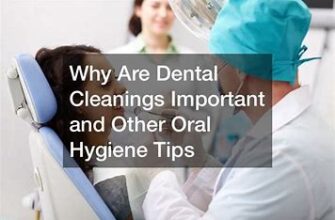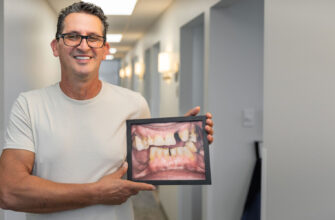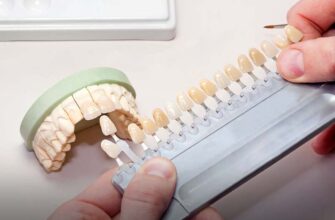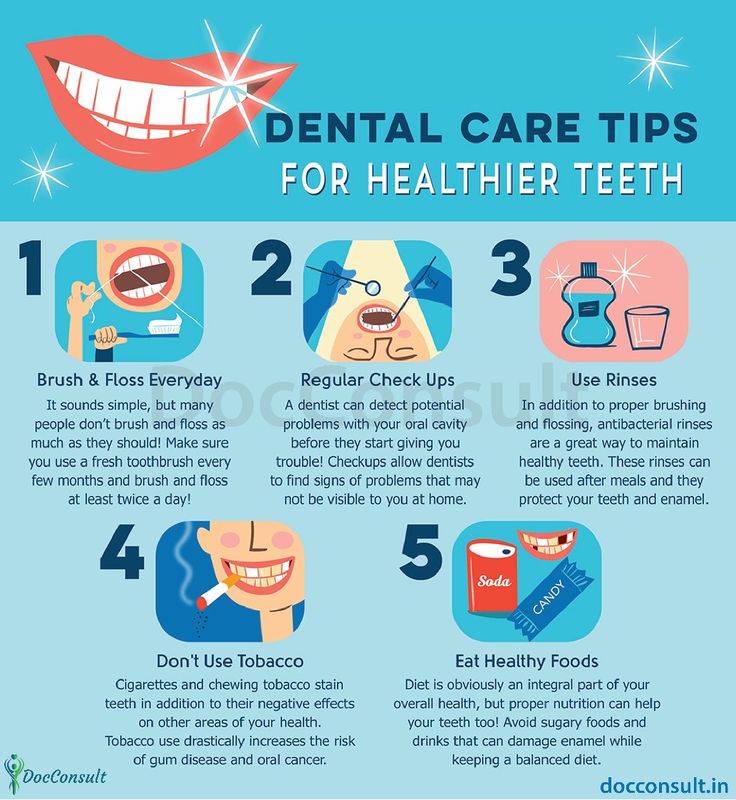
In a world where a radiant smile matters most, protecting what makes your smile complete – those gleaming white pearls – is of utmost importance. This is set to discuss about the serendipitous ways to ensure your oral wellbeing is not compromised.
Maintaining oral health is no less significant than preserving your physical wellbeing. The vitality of a sound oral system in overall health is often underestimated. By implementing some preventive and habitual practices, we have the potential to safeguard a vital component of our health.
Adherence to a series of simple, yet pivotal practices can go a long way in assuring your glistening whites are not only visually pleasing but are also in excellent health. The subsequent sections will draw attention to these crucial routines to a comprehensive understanding and appreciation of these often-overlooked aspects of general health.
- Introduction to the importance of oral health precautions
- The impact of oral health
- The necessity of active oral routine
- Daily oral hygiene practices
- The cornerstone of oral health: Regular brushing and flossing
- Healthy eating and drinking habits
- Safe dental products to use
- Avoiding harmful habits (smoking, nail-biting)
- Quitting Smoking: A Boon for Oral Well-being
- Halting the Habit of Nail-Biting
Introduction to the importance of oral health precautions
Understanding the significance of maintaining thorough oral hygiene measures is a fundamental aspect of overall health. Far from being merely an aesthetic concern, proper oral care has wider implications on one’s health and wellness. This introduction aims to educate on the integral role of oral measures, while also providing a platform to examine how such routines can be effectively executed.
The impact of oral health
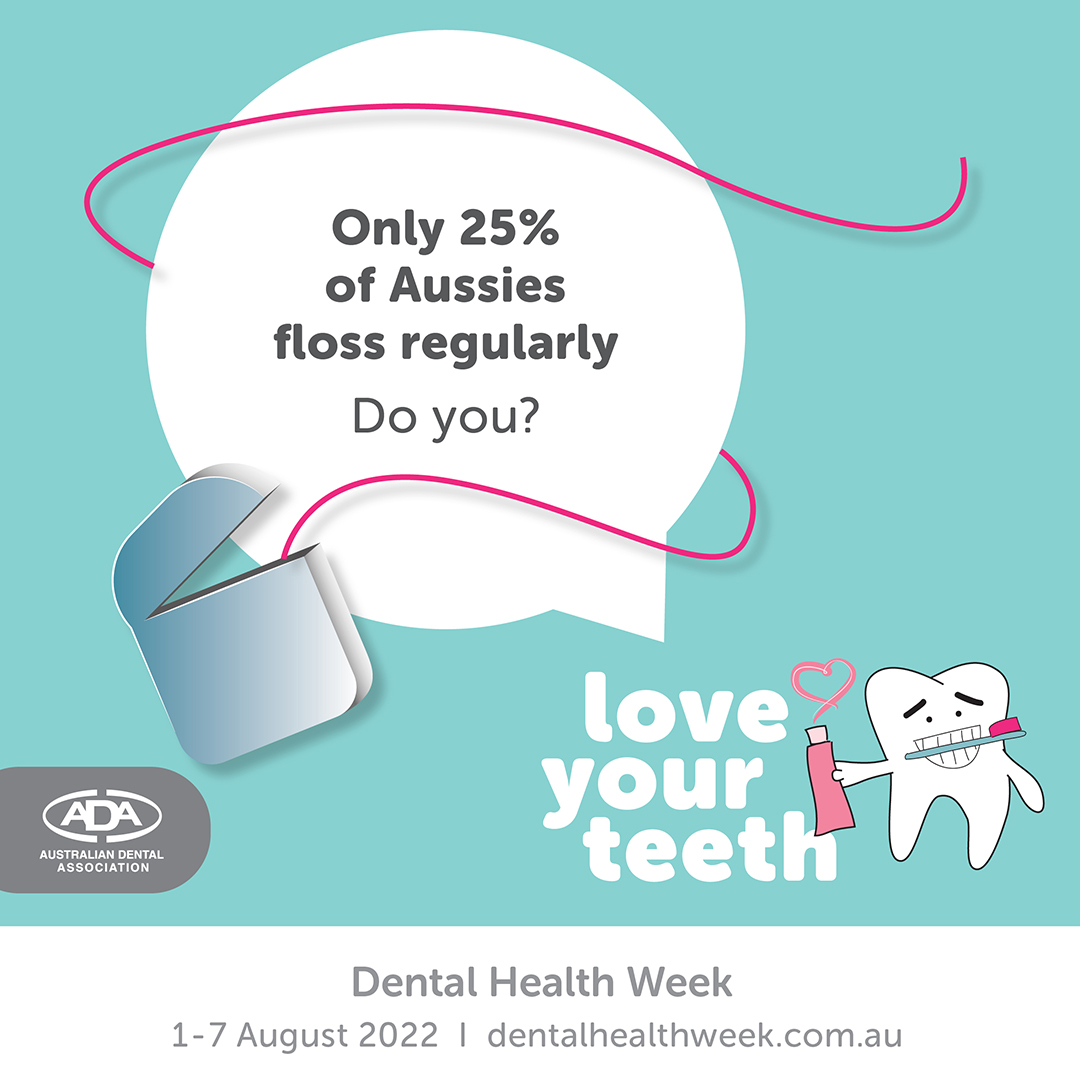
Caring for your mouth is not simply about maintaining a bright smile or avoiding bad breath, but it has significant implications on our general health too. Poor oral hygiene can lead to severe health issues including heart diseases, respiratory infections, diabetes complications, and even disease. A well-maintained oral routine aids in the prevention of such conditions.
The necessity of active oral routine
To ensure optimal oral hygiene, a proactive approach is necessary. This typically entails regular brushing, flossing, and routine dental check-ups. Implementing such habits does not only translate into improved physical health, but it also leads to enhanced self-esteem and confidence, which often gets due to oral health risks such as bleeding gums, cavities, tooth loss, and oral cancer.
Moreover, despite these measures being simple and quickly executed, their impact is remarkable. Ignorance or negligence of these precautionary actions represents a major threat to one’s health. Therefore, it is essential to invest time in the importance of oral precautions and implementing them into our daily lives.
Daily oral hygiene practices
Maintaining oral health is crucial not only for a bright and attractive smile but also to prevent various dental complications. Implementing daily habits that promote oral hygiene is pivotal in assuring healthy gums and This section will shed light on such practices without delving into explicit advice.
The cornerstone of oral health: Regular brushing and flossing
Role of regular brushing and flossing in oral health cannot be emphasized enough. Brushing at least twice daily with a fluoride toothpaste plays a fundamental role in eliminating bacteria and plaque. In conjunction with daily flossing helps reach the spaces in-between your teeth where a toothbrush might not reach.
Healthy eating and drinking habits
What one eats and drinks significantly impacts oral hygiene. Consuming a balanced diet that is low on sugary snacks and drinks helps in maintaining healthy teeth and gums. It is also important to stay hydrated for overall as well as to stimulate saliva production, nature’s best defense against bacteria and tooth decay.
In addition to these, habits like avoiding tobacco, limiting alcohol intake and regularly visiting a dental professional contribute towards maintaining a strong oral hygiene regimen. Remember, consistency is the key when it to oral hygiene and even the smallest positive changes can make a large difference.
Implementing these daily practices and habits can help achieve and optimal oral health, ensuring that your smile stays bright, and teeth and gums remain healthy.
Safe dental products to use
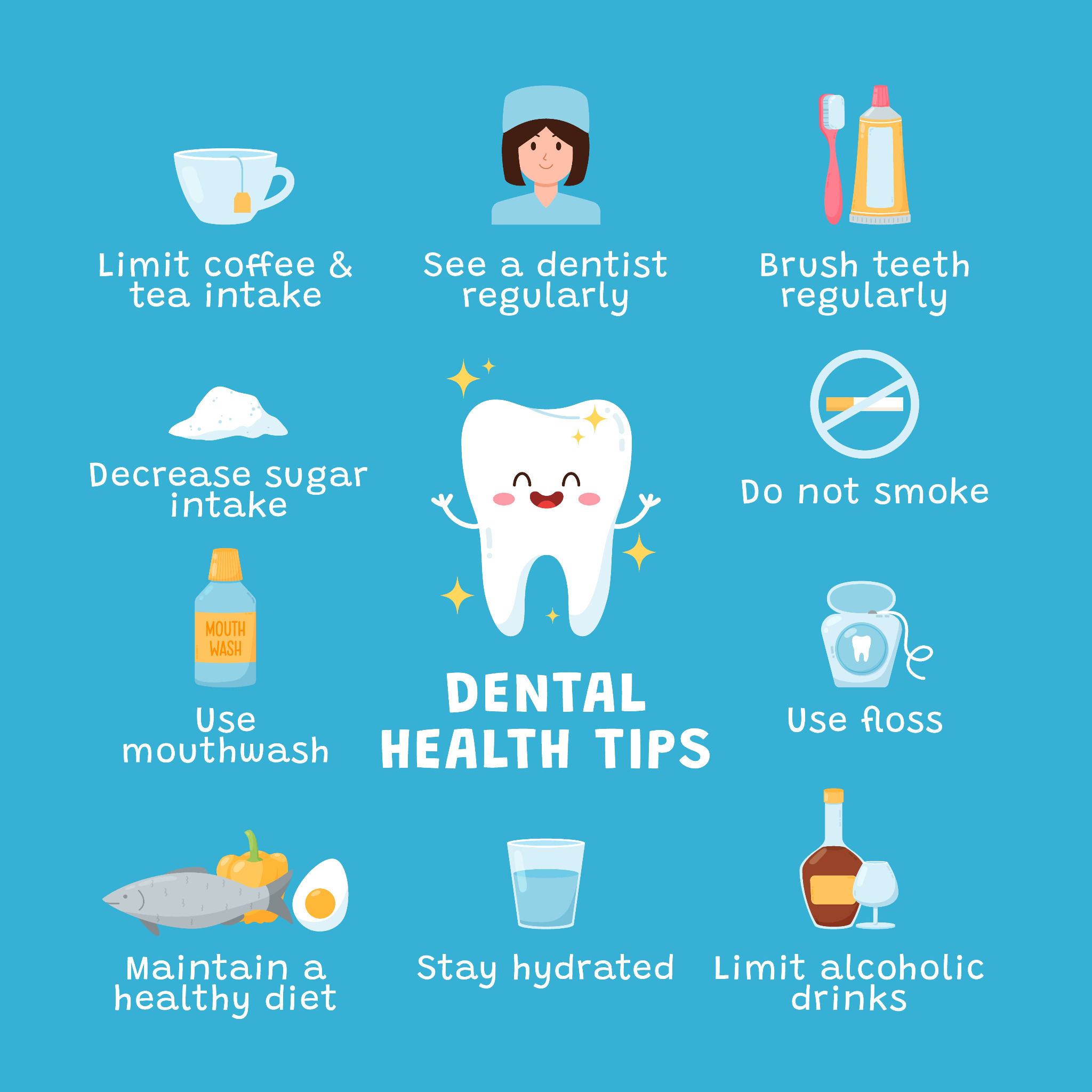
When it comes to maintaining a healthy smile, selecting the right oral care items is just as critical as regular cleanings and a balanced diet. This will focus on the various dental hygiene items that are safe and effective for everyday use.
Using a fluoride toothpaste is amongst the first steps to preserving oral health. Fluoride is notable for strengthening the tooth’s enamel and safeguarding against decay and Be sure to brush at least twice a day with a generous amount of this cavity-fighting paste!
A toothbrush with soft bristles is recommended to clean teeth without damaging the delicate gum tissue. should remember to upgrade their toothbrush every 3-4 months or sooner if bristles appear worn out.
Mouthwash, besides refreshing your breath, can help eliminate bacteria that brushing might not reach. Pick a mouthwash that combats germs and helps prevent plaque, rather than merely masking bad breath.
Everyone should also consider an interdental cleaner, like floss or picks. These tools can clean the nooks and that a toothbrush can overlook, helping in the prevention of both cavities and gum disease.
In conclusion, a combination of a fluoride toothpaste, a soft-bristled toothbrush, a therapeutic mouthwash, and an interdental device, would contribute significant assistance in maintaining your fantastic and healthy smile.
Avoiding harmful habits (smoking, nail-biting)
In the realm of oral health, ensuring that your pearly whites maintain their luster and strength often goes beyond daily brushing and flossing. Equally vital is the commitment to eliminate habits that can deteriorate the condition of your chompers. This section will delve into the detrimental impacts of two such – smoking and nail-biting, and provide recommendations on how to cease these destructive behaviors.
Quitting Smoking: A Boon for Oral Well-being
Smoking represents one of the most perilous threats to oral health. The vice can lead to yellowish stains on the teeth, bad breath, gum diseases, and even oral Emphasizing cessation can not only enhance your oral condition, but improve overall health.
Put simply, quitting is a challenge, but persist. Consider cessation aids like nicotine gum, patches, or prescription medications. reach out to a healthcare provider who can provide support and guide you through the process.
Halting the Habit of Nail-Biting
Nail-biting may seem harmless but the habit can damage your gnashers over time. It can cause them to wear down, damage the surrounding skin and gum tissue, or even increase the risk of chipped Moreover, nail-biting also brings bacteria into the oral cavity, potentially causing infections.
To break the habit, try keeping the nails trimmed short and smooth, or using a bitter-tasting nail polish. Additionally, identifying triggers like or boredom and responding with healthier coping mechanisms can also help in eliminating this habit.
In conclusion, steering clear from harmful habits like smoking and nail-biting can significantly benefit your oral They might necessitate determination and consistent effort, but the result is undeniably worth it.
